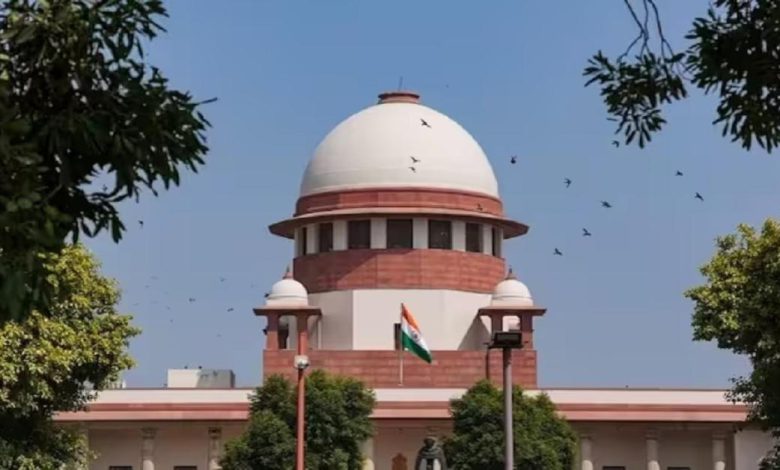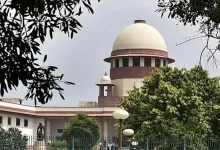
New Delhi: The Supreme Court is set to hear on Wednesday a batch of petitions challenging the constitutional validity of the Waqf (Amendment) Act, which has sparked widespread protests and objections across the country. A total of 73 petitions have been listed before a three-judge bench comprising Chief Justice of India Sanjiv Khanna, Justice Sanjay Kumar, and Justice KV Viswanathan, who will begin hearing the petitions at 2 pm on Wednesday.
The petitions also include two filed by Hindu parties against the original Waqf Act of 1995, while others question the validity of the recent amendments. The applicants include leaders from various parties, including the Congress, Trinamool Congress, CPI, Jagan Mohan Reddy’s YSRCP, Samajwadi Party, actor Vijay’s TVK, RJD, JDU, Asaduddin Owaisi’s AIMIM, AAP, and the Indian Union Muslim League, among others.
Meanwhile, seven states have approached the top court in support of the Act, seeking to intervene in the case. They argue that the Act is constitutionally sound, non-discriminatory, and necessary for ensuring efficient and accountable administration of Waqf assets.
The government recently notified the Waqf Amendment Act, which received the assent of President Droupadi Murmu on April 5 after its passage through Parliament amid heated debates in both Houses. The petitioners have raised the following arguments against the Waqf Amendment Act:
The definition of Waqf has been altered, removing the concept of ‘Waqf by user,’ a judicially developed doctrine. It enables arbitrary executive interference and undermines the rights of minorities to manage their religious and charitable institutions. Many Waqf properties, especially those established through oral dedication or lacking documentation, could be lost.
Around 35 amendments have been introduced, which are seen as an attempt to weaken State Waqf Boards. The amendments are viewed as a step towards converting Waqf properties into government properties. The original 1995 Act had already provided a comprehensive legal framework for Waqf management; this overhaul is seen as unnecessary and intrusive.
The Act is feared to facilitate large-scale government interference in Muslim religious endowments. Certain provisions may retrospectively extinguish the Waqf status of centuries-old properties. Among the religious organisations, key petitioners include the Samastha Kerala Jamiathul Ulema, the All India Muslim Personal Law Board, and Jamiat Ulama-i-Hind President Maulana Arshad Madani.
Two Hindu petitioners have also approached the top court against the Act. Advocate Hari Shankar Jain has filed a plea arguing that certain provisions of the Act enable Muslims to illegally capture government property and Hindu religious land.




